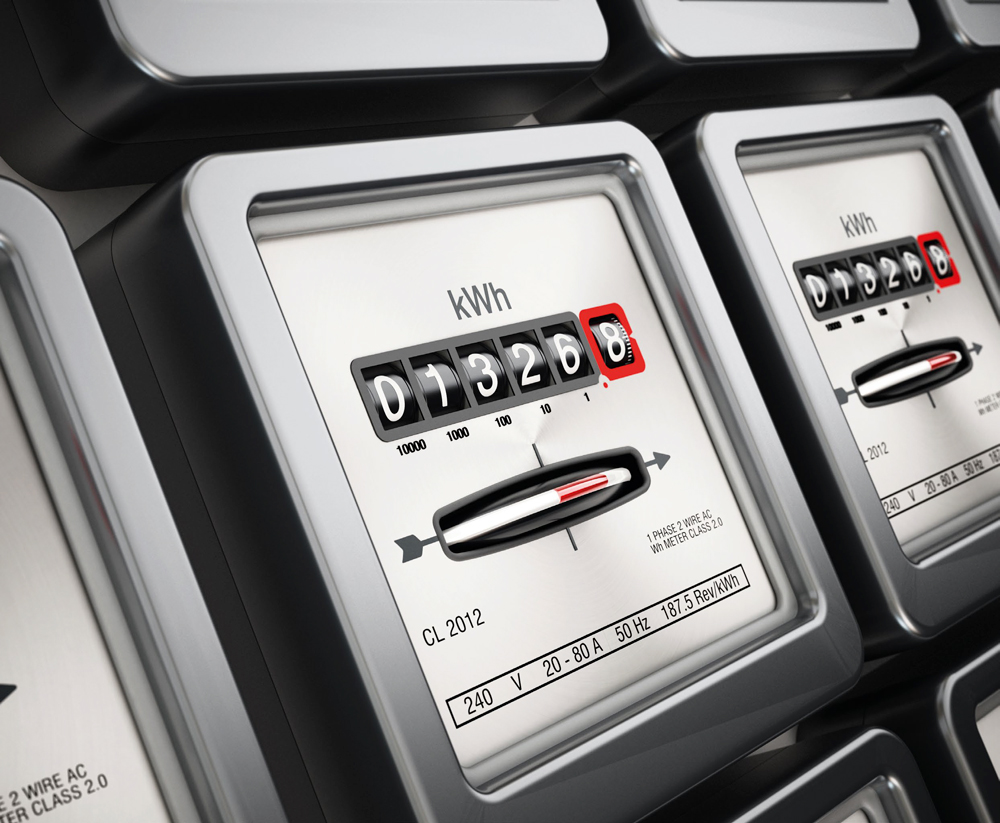The ERA Foundation believes it is important to address the concerns and needs of the manufacturing sector as the United Kingdom approaches a new era where energy is not only becoming more expensive but also dependent on an infrastructure over which businesses have little control.
This is especially important for small and medium-sized enterprises (SMEs), which make up 99.5% of the UK’s manufacturing businesses, providing over 2.5 million jobs. The new report by Dr. Jim McConologue and Aaryaman Banerji at Civitas examines the views of SME manufacturers on energy costs, supply, disruptions, and resilience, and proposes ten recommendations for energy-efficient policies.
The report underscores the precarious situation that the manufacturing sector in the United Kingdom, especially small and medium-sized enterprises, is facing. With significant challenges related to rising energy costs, supply disruptions, and a lack of resilience measures.
The research involved surveys, roundtable discussions, and interviews with SMEs in Liverpool and London. These conversations revealed that energy costs, which currently account for less than 1% of sales, are a significant concern for SMEs. They worry that rising energy costs could consume up to 6-8% of their sales, eroding their bottom line. Importantly, energy security emerged as a more pressing issue than green energy for the participants, with many expressing concerns about potential blackouts.
The report highlights that when it comes to energy resilience, the manufacturing sector is not sufficiently prepared for disruptions in the security of supply. Most SMEs either have no contingency measures in place or rely on informal measures. Obstacles such as leaseholder-landlord differences and a lack of time and resources for adopting sustainable energy practices further complicate the situation for these businesses.
The report’s findings outline the need for a pragmatic policy of ‘Net Zero Realism,’ which prioritizes energy security while working towards environmental goals. The recommendations include measures to provide tax relief on energy monitoring technology, employee training, self-help tools on energy efficiency for smaller manufacturers, and coordination with universities to supply low-cost advisory teams for SMEs implementing energy management strategies.
Based on these findings, Civitas has proposed ten recommendations that adopt a “net zero realism” approach, which aims to achieve environmental goals while also boosting business and growth plans:
- Encourage the government to adopt a pragmatic policy of ‘Net Zero Realism.’
- Target Energy Bill Discount Relief to protect SME manufacturers by reflecting today’s wholesale prices.
- Extend the super-deduction capital allowance to provide a 50% effective tax relief on energy monitoring technology for SMEs.
- Develop DIY employee training and self-help tools on energy efficiency for smaller manufacturers.
- Establish a charitable energy educational trust to create a crib sheet on energy management for manufacturers.
- Encourage government coordination with UK universities to supply low-cost postgraduate advisory teams for SMEs implementing energy management strategies.
- Propose government and large manufacturer collaboration on German-Swiss style networks to help smaller manufacturers interact with energy network providers and resolve issues related to renewables applications, grid balancing, outages, and intermittency.
- Incentivize landlords for energy efficiency improvements through tax reliefs and EPC-rating rewards for energy performance.
- Introduce a simple, non-binding, minimalist energy ISO Standard to resolve confusing carbon reporting and environmental compliance frameworks.
- The introduction of a refined UK-wide Industrial Strategy.
Today’s Civitas report provides valuable insights into the challenges facing SME manufacturers in the UK and proposes practical solutions for energy-efficient policies that prioritize business growth and environmental goals.
You can download the report and read the recommendations at https://www.civitas.org.uk/


